Volvo Cars to End Production of Diesel Vehicles by Early 2024
As it moves toward becoming an all-electric automaker, Volvo Cars recently announced that it will cease manufacturing any remaining diesel cars by early 2024. In 2022, diesel vehicles made up just 8.9% of Volvo's sales, a dip from most diesel vehicles the automaker sold in Europe in 2019.

By the beginning of 2024, Volvo Cars intends to stop producing all of its diesel cars as it moves toward being an entirely electric automaker by 2030. In a few months, Volvo will cease the production of its final diesel-powered vehicle, making it one of the first legacy manufacturers to do so. The announcement was made at Climate Week NYC. With over 400 events and activities taking place around the City of New York, Climate Week NYC is the largest yearly climate event of its kind. The decision by Volvo Cars to stop working on new combustion engines last year was followed by this most recent update. In the upcoming months, Volvo will introduce the new EX30 and EX90 electric-only SUVs as part of its transition to an electric-only brand and a broader objective to become a climate-neutral firm by 2040.
Also Read: Volvo C40 Recharge Review: Bringing Sexy Back!
Here's What Volvo Has to Say
Commenting on the latest update, Jim Rowan, Chief Executive, Volvo Cars, said, “Electric powertrains are our future, and superior to combustion engines: they generate less noise, less vibration, less servicing costs for our customers, and zero tailpipe emissions. We’re fully focused on creating a broad portfolio of premium, fully electric cars that deliver on everything our customers expect from a Volvo – and are a key part of our response to climate change.”
In Europe, Volvo Cars, which is primarily owned by China's Geely, sold a majority of diesel vehicles as recently as 2019, but by 2022, only 8.9 per cent of the company's sales in the continent were made up of these vehicles. Fully electric or hybrid vehicles made up 33 per cent of Volvo's sales in the previous month. However, it is unclear how many of the 67 per cent of combustion-engine cars that were still offered ran on petrol and how many on diesel.
Volvo's Vision
With an emphasis on electric vehicles, the Indian government has repeatedly urged OEMs and customers to embrace sustainable modes of mobility. The C40 Recharge and the XC40 Recharge are the only two all-electric vehicles that Volvo Cars currently sells in the nation. The firm is placing a lot of money on both of these vehicles, with India being its primary market, in an effort to pave the way for electric cars both locally and globally.
Volvo aspires to become an entirely electric automaker by 2030, and the company thinks India can help it happen much sooner. Since its debut as the most inexpensive premium electric SUV in the nation, Volvo has already experienced success in India with the XC40 Recharge. The manufacturer is presently anticipating that the recently announced C40 Recharge will also match the same level of performance.
Volvo C40 Recharge: Powertrain, Range and Charging Time
Compact Modular Architecture (CMA) serves as the foundation for the new C40 Recharge. Both rear-wheel drive and all-wheel drive versions of the electric vehicle are available internationally from the Swedish automaker. But the carmaker recently introduced the all-wheel drive version for our market. It has two electric motors and a 78kWh battery pack. A combined 402bhp of maximum power is produced by the front and back engines, each of which pumps out 157bhp and 245.5bhp, respectively. The all-wheel drive model can travel up to 530-kilometre on a single charge, according to WLTP standards. Additionally, it accelerates from 0 to 100km/h in 4.7 seconds, 0.2 seconds quicker than the XC40 Recharge. As noted by Volvo, the C40 Recharge has a top speed of 180km/h and can be charged from 10% to 80% using a 150kW fast charger in around 27 minutes.
Also Read: Volvo C40 Recharge Electric SUV Deliveries Commence in India, Priced at Rs 61.25 Lakh
Volvo C40 Recharge: Features and Rivals
ADAS, LED headlights, a panoramic sunroof, an Android-based infotainment system, a 13-speaker, 600-watt Harman Kardon sound system, an air purifier, a 360-degree camera, wireless phone charging, and seven airbags are just a few of the C40 Recharge's standout features. The C40 Recharge also comes with a floor mat made from 71 recycled plastic bottles, and its interior components are created from wine corks, plastic bottles, and forest waste.
Priced at Rs 61.25 lakh (ex-showroom), the BMW i4, the Kia EV6, the Hyundai Ioniq 5, and the Volvo XC40 Recharge are alternatives to the C40 Recharge in India, which has no direct rivals.
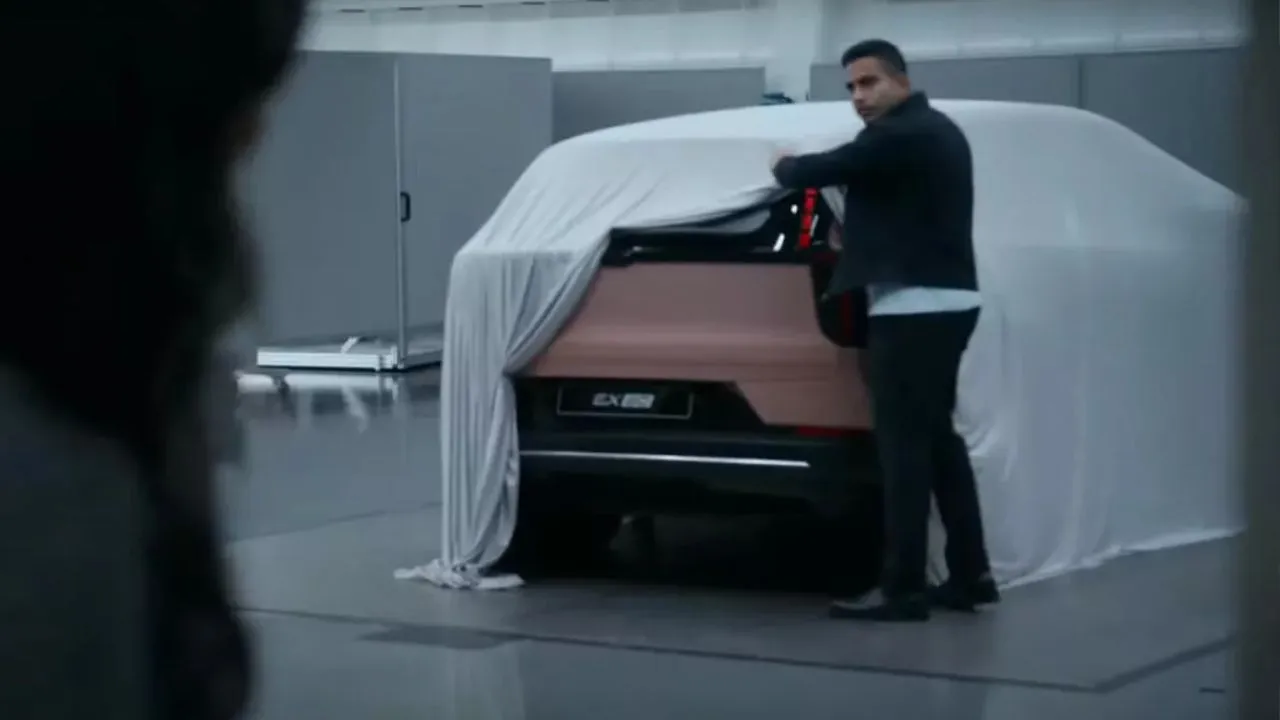
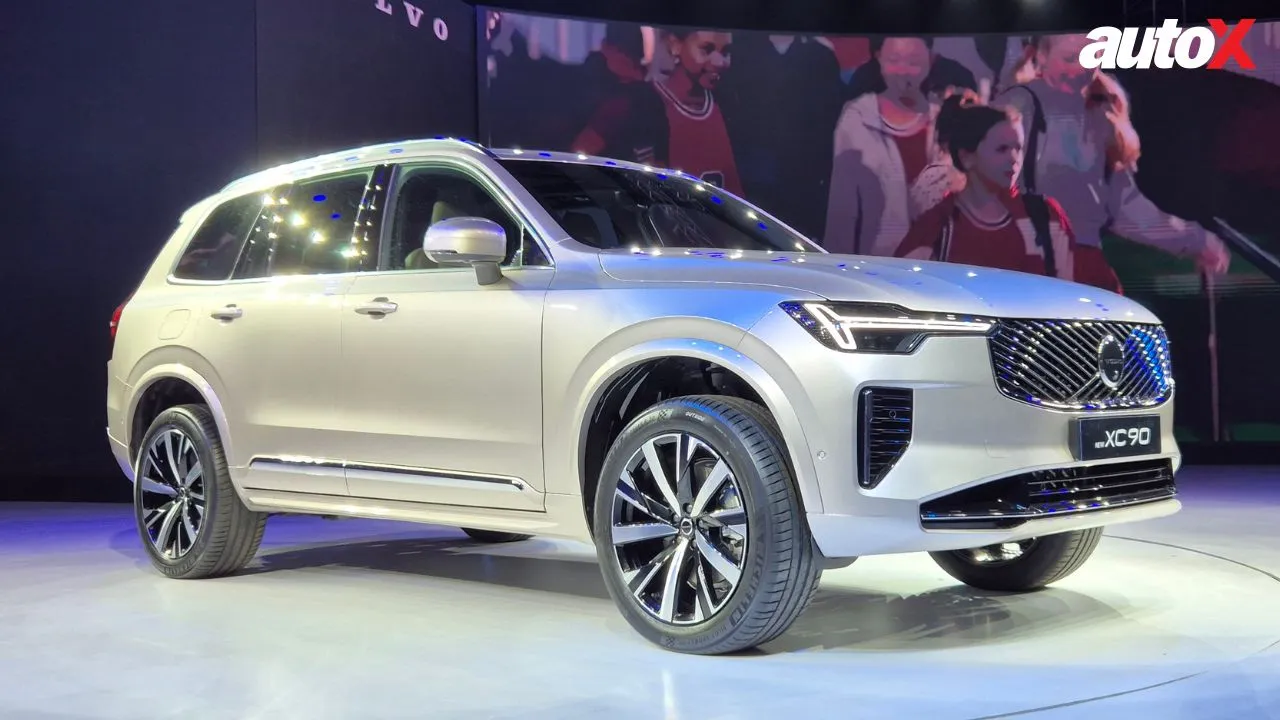
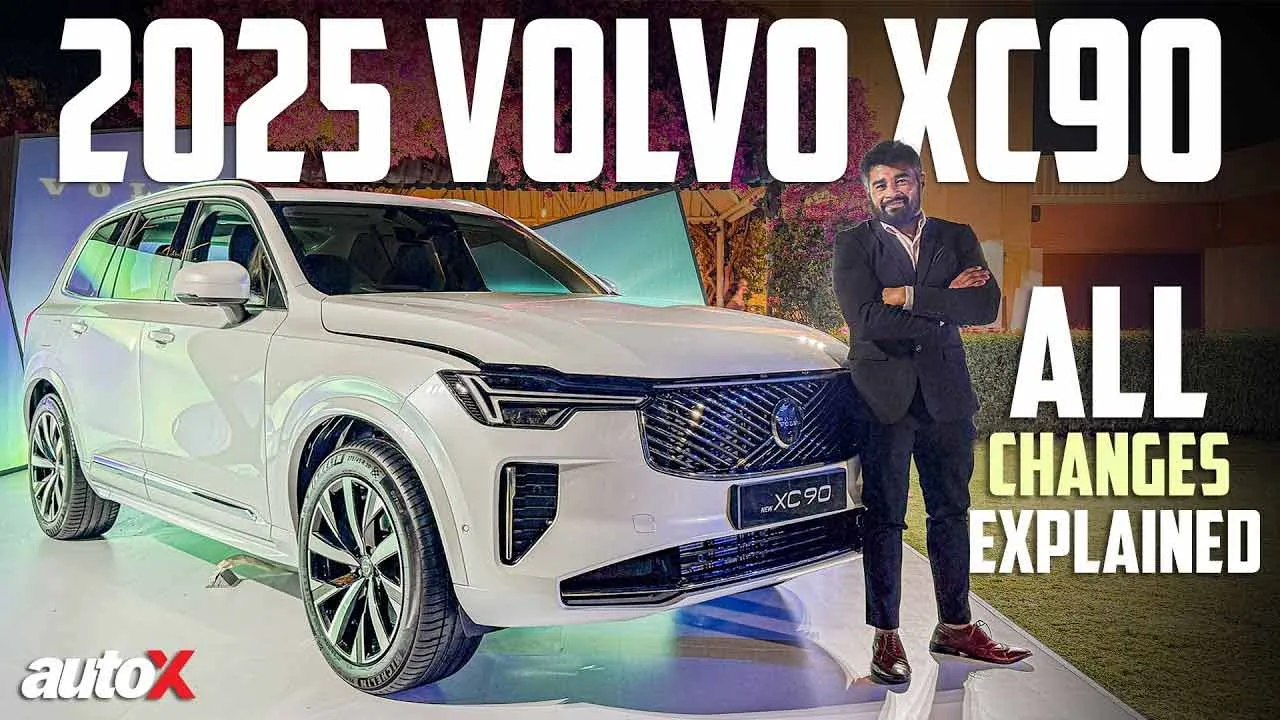
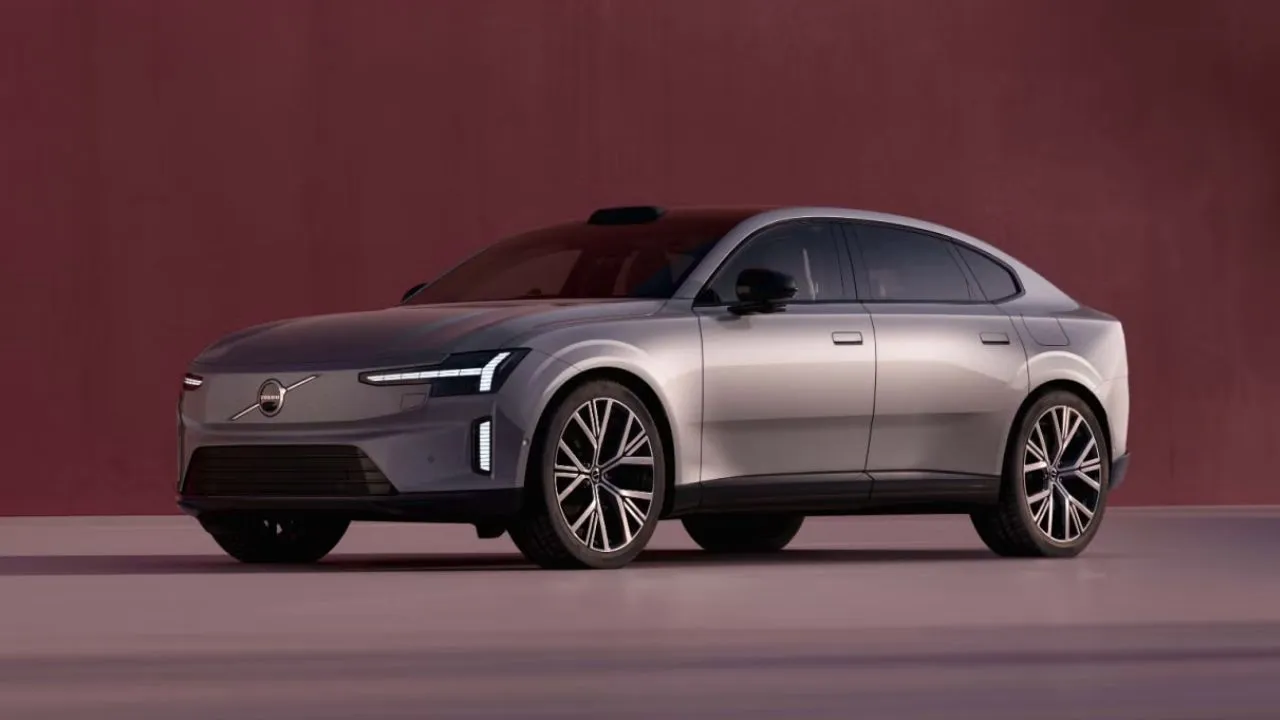

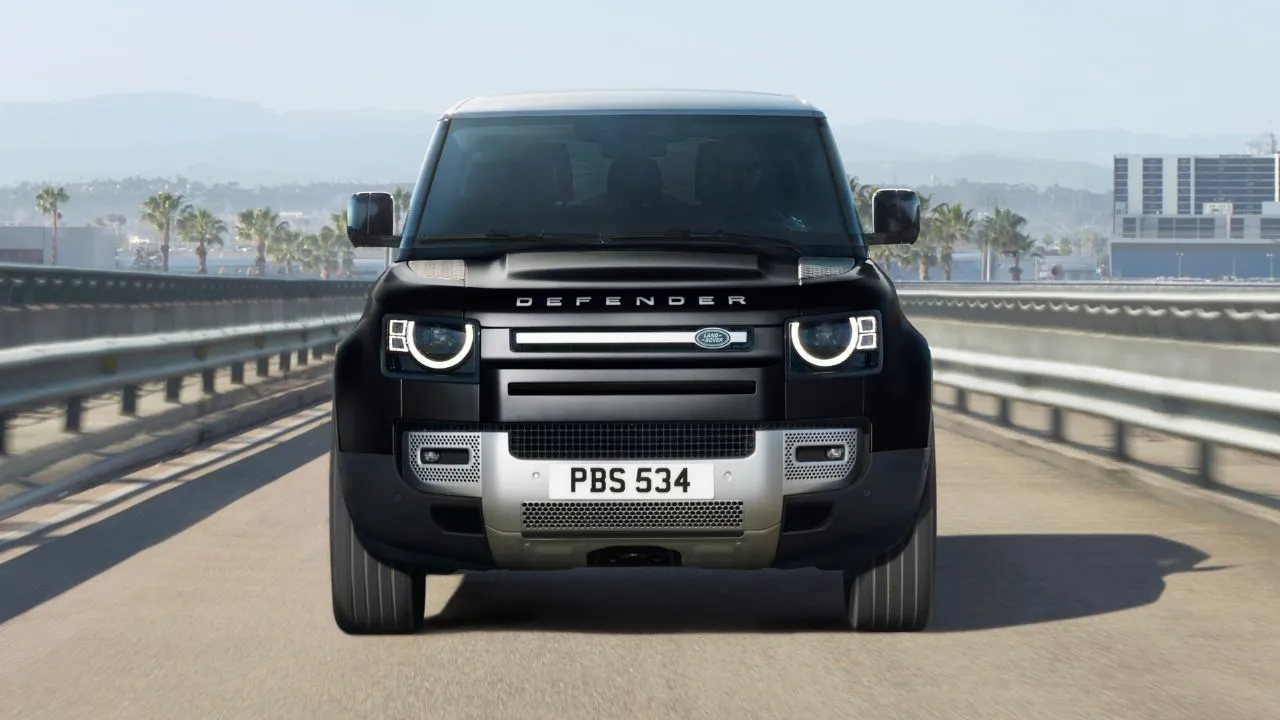
-(1).webp)
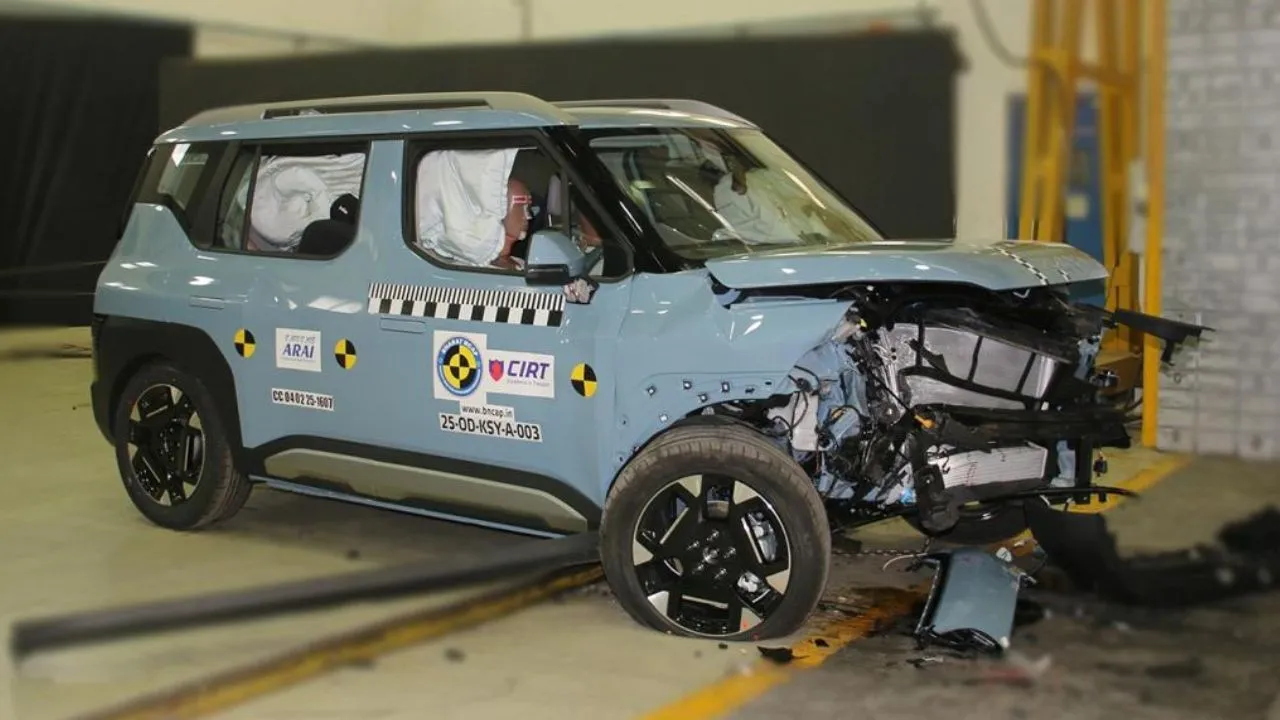
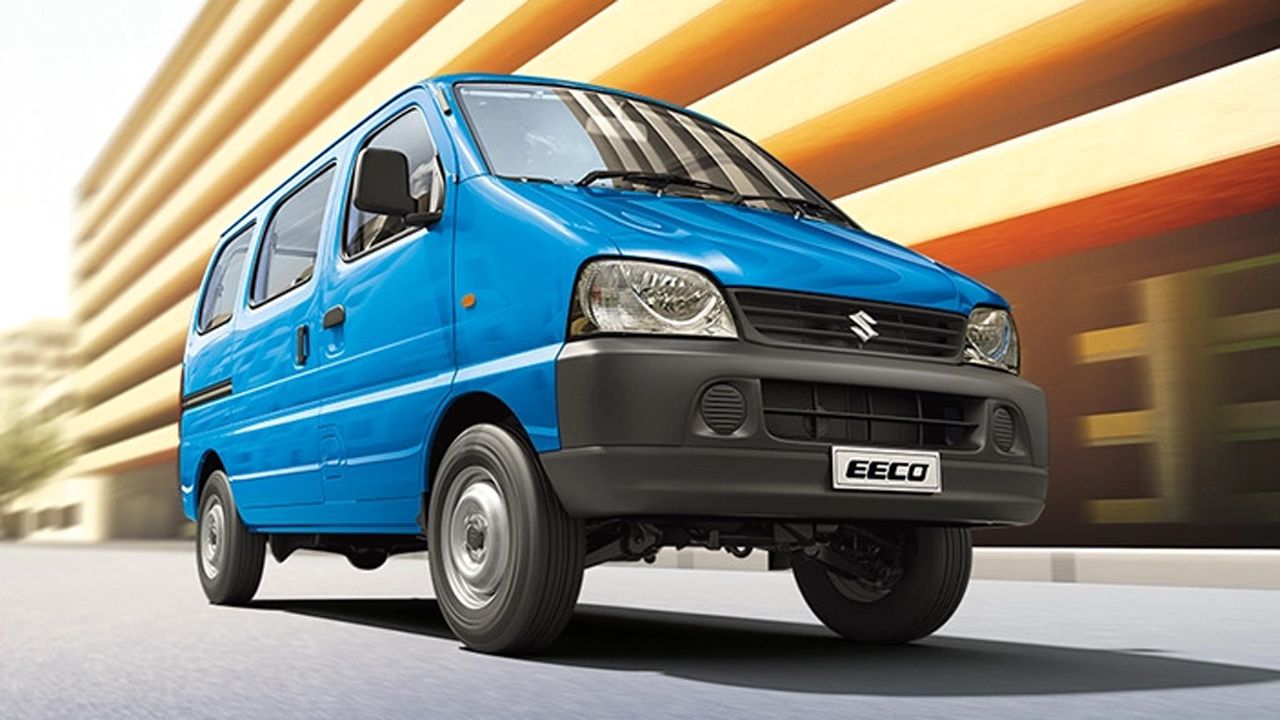
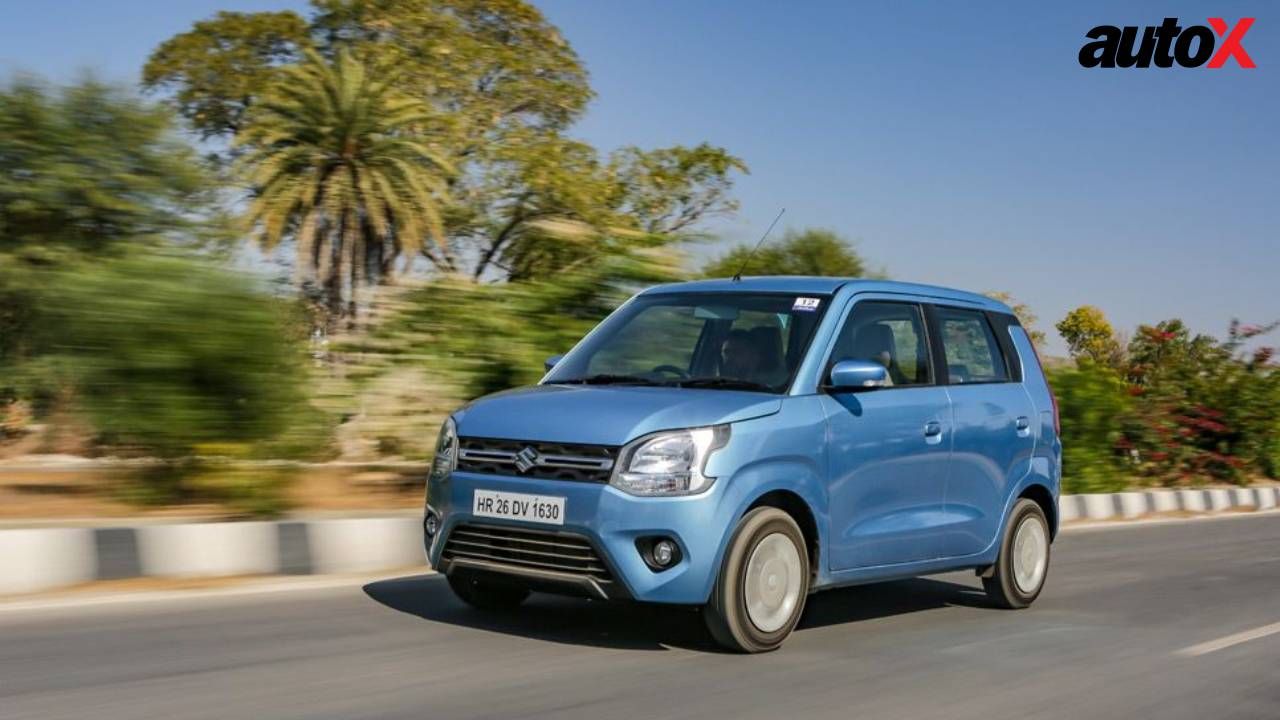
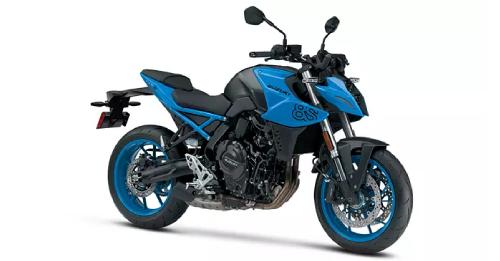
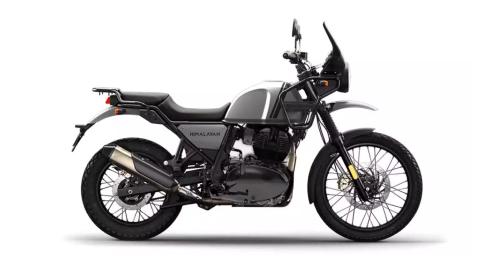
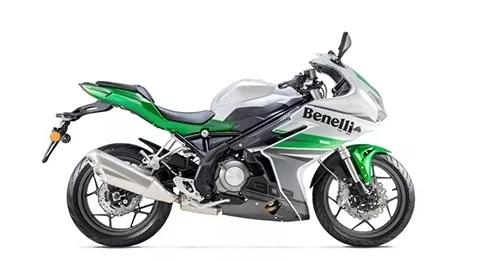
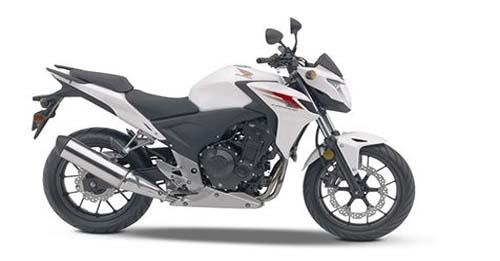
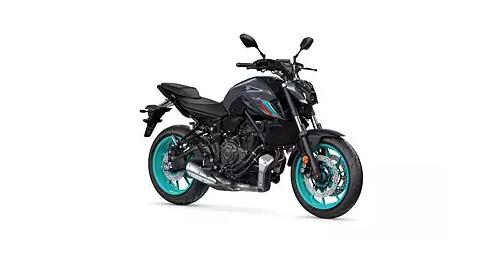













Write your Comment on